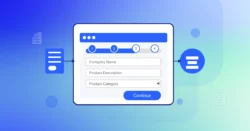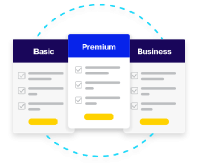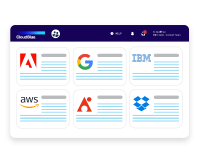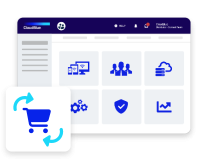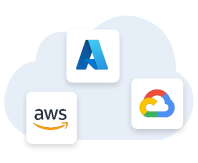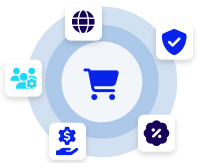SaaS Operations, often referred to as SaaSOps, involves the management and optimization of software-as-a-service (SaaS) applications within a business environment.
As organizations increasingly rely on cloud-based solutions, SaaSOps ensures that these tools are securely implemented, efficiently managed, and properly integrated into existing workflows. It’s about making the entire SaaS ecosystem work seamlessly from procurement to deactivation, covering all stages in between.
SaaSOps focuses on automating repetitive tasks, streamlining application management, and enhancing security. For example, onboarding new employees often requires provisioning multiple SaaS platforms. SaaSOps automates this process, saving time and reducing human error.
Key Components of SaaS Operations
Effective SaaS Operations involves several critical components that keep businesses running smoothly. One key aspect is access management, ensuring the right people have the correct permissions for each SaaS platform. Automated user provisioning and deprovisioning help maintain security while reducing manual work.
Another important area is application management, where IT teams oversee software updates, integrations, and vendor communications. This ensures minimal downtime and uninterrupted service. Additionally, cost management helps organizations track and control SaaS-related expenses, identifying unused or underutilized licenses to optimize spending.
Compliance and security management are also central to SaaSOps. IT teams implement data protection policies, ensure compliance with industry regulations, and monitor for potential vulnerabilities. This proactive approach keeps sensitive business data secure.
Why SaaSOps Matters for Businesses
As businesses adopt more cloud-based solutions, SaaSOps becomes essential for maintaining operational efficiency. Without proper SaaS management, companies risk data breaches, excessive costs, and operational disruptions.
A well-implemented SaaSOps model enables businesses to scale rapidly by simplifying the management of numerous software applications. Automation reduces administrative tasks, freeing IT teams to focus on strategic projects. Additionally, enhanced visibility into SaaS usage helps identify opportunities for process improvements and cost savings.
For growing companies, SaaSOps isn’t just a technical necessity—it’s a strategic advantage. It supports secure, efficient, and scalable operations, making SaaSOps a cornerstone of modern IT management.




